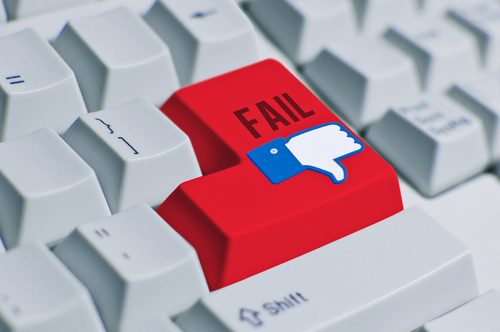By: Angela Weber, CMO OrthoSynetics
The Internet is a wild and unpredictable place, as the saga of “Cecil the Lion and the Dentist” illustrates. When the hunter was identified as one Dr. Walter Palmer, DDS, a storm of hate was unleashed upon him. Palmer these days is laying low, and in all likelihood his career as a dentist who serves the public is done.
The point here isn’t to comment on Palmer’s behavior one way or the other but to point out how it’s easy for situations to go astray in today’s age of connectivity. People want to get to know you on social media, but not all information is welcome. In these times of oversharing, sometimes it’s TMI (too much information). In typical usage, TMI refers to uncomfortable information about medical issues or personal relationships. But information also may be “too much” when it touches the political, the religious, or on activities that provoke strong emotions.
How can you protect your practice and your career from the debilitating damage of TMI?
- Know when to separate the personal and the professional
In today’s day and age, keeping the personal and the professional separate can be a bit of a high-wire act, and compartmentalizing everything is not always desirable anyway. I often encourage orthodontists to show their personalities in social media.
After all, too many orthodontists present the same, bland image and try to hide who they really are. But to create an emotional connection with patients, doctors should show their personalities, share their hobbies, and allow their quirks and idiosyncrasies to shine.
On the other hand, there’s TMI. You and your staff should use social media and other marketing to give your practice a brand identity, which includes your personalities, but good judgment should be used as well. When an employee or doctor inadvertently posts something too personal or inappropriate, it can become a disaster.
- Don’t Lash Out
While I’m sure 100% patient satisfaction is your goal, the reality is you can’t please everyone all of the time. Sometimes you make a mistake, and sometimes people’s expectations are mismatched with reality. Chances are your practice will be the target of negative online comments from time to time. Especially if the commenter is clearly unreasonable, your first instinct will probably be to angrily defend yourself. It’s best first to stop and think.
A single negative comment won’t sink a practice. Sometimes the person’s ridiculousness is plain to see and requires no action. Sometimes your other patients will come to your defense. And sometimes, yes, the comment will merit a thoughtful response from your office or at least a neutral “Sorry, you weren’t satisfied.” But you don’t want to be seen arguing with patients or losing your temper online. That creates a worse impression than any single post could on its own.
Look for the extended version of this post in the next issue of The Progressive Orthodontist. In the meantime, just remember that good judgment is your ally in dealing with your online reputation. But if your hobby is hunting endangered species, all bets are off.

